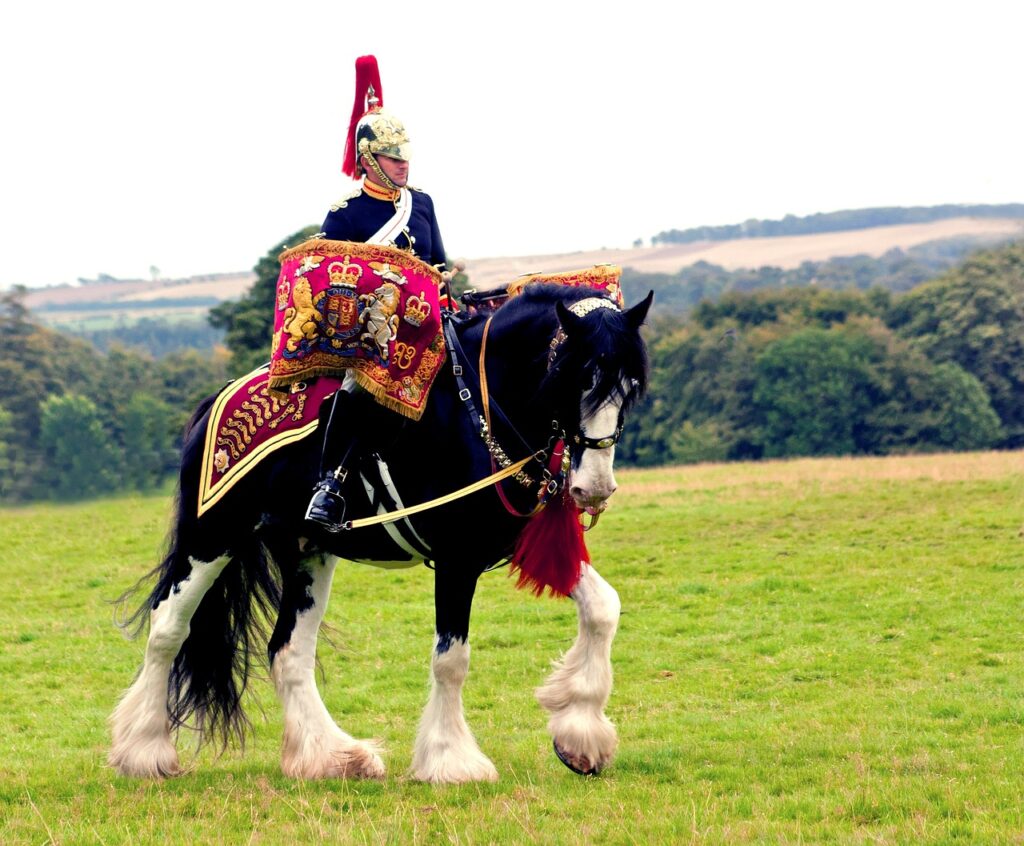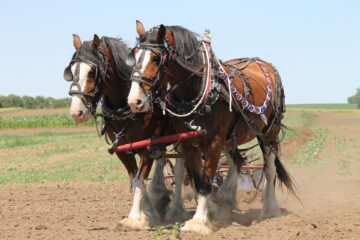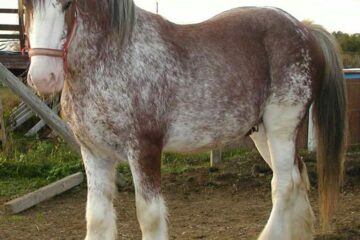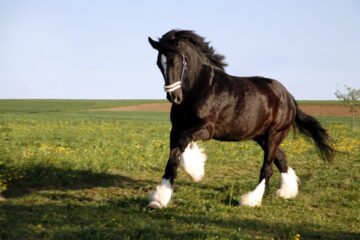
Introduction
Drum Horses, the regal equine companions with a rich history, have graced royal processions and ceremonial events for centuries. These magnificent horses are not just a symbol of grandeur but also known for their unique attributes that set them apart. In this article, we will delve into the fascinating world of Drum Horses, exploring their origins, lifespan, dietary needs, common diseases, and the reasons why they are a preferred choice for grand occasions.
Drum Horses History and Origin
The history of Drum Horses dates back to the early 18th century, when they were bred to carry kettledrums in military bands. Originally, these horses were a cross between large European breeds and draft horses, resulting in their sturdy and imposing build. Over time, their role evolved, and they became a symbol of prestige in royal ceremonies.
Why to Choose Drum Horses
If you’re wondering why Drum Horses are the preferred choice for regal events, the answer lies in their majestic presence and calm temperament. Their imposing stature and elegant gait make them ideal for carrying dignitaries and important figures in parades and processions. Their steady and calm disposition adds to the regal ambiance of any event.
Average Life
Drum Horses, with proper care, can live up to 20-25 years, making them a long-lasting investment for those who wish to include them in their regal affairs.
Best Diet and Nutrition
Maintaining the health and vitality of Drum Horses requires a well-balanced diet. Their diet typically consists of high-quality hay, grains, and access to fresh water. Consulting with an equine nutritionist can ensure they receive the proper nutrients to stay in top form.
Best Breeding Month
For those interested in breeding Drum Horses, it’s essential to understand the best time to do so. Breeding typically occurs in the spring, ensuring that foals have the advantage of favorable weather conditions for their development.
Some Common Diseases in Drum Horses
Despite their robust nature, Drum Horses are susceptible to common equine ailments like colic, laminitis, and skin conditions. Regular veterinary check-ups and preventive measures can help keep these majestic creatures in excellent health.
Is the Drum Horses Right for You?
Owning a Drum Horse is a significant commitment. They are ideal for those who appreciate their regal presence and have the means to provide for their care and maintenance. Before bringing a Drum Horse into your life, consider your resources and commitment to these majestic animals.
Uses of Drum Horses
They serve a multitude of purposes. From leading parades and processions to symbolizing prestige and tradition, they add an air of grandeur to any occasion. They are also used in various equestrian displays, drawing admirers from all over the world.
Some Tips to Keep Drum Horses
- Feathered Finesse: Devote special attention to the care of their leg feathering. Keeping it clean, dry, and free from debris is crucial, as it is pivotal for their distinct appearance and comfort.
- Gentle Social Connections: Drum Horses are renowned for their gentle demeanor, so prioritize positive social interactions from a young age. Nurturing a tranquil and self-assured temperament is paramount.
- Balanced Physical Activity: Despite their imposing size, Drum Horses benefit from regular exercise to maintain their overall health and fitness. Light riding or driving activities help sustain their muscle tone and prevent excess weight.
- Nutritional Nuances: Ensure they receive a well-rounded diet that caters to their specific nutritional requirements. Consult with a veterinarian to devise an optimal feeding plan, considering factors like age and activity level.
- Shelter Solutions: Offer them a roomy and cozy shelter, as Drum Horses are sensitive to extreme weather conditions. The shelter should shield them from intense sun and cold temperatures.
- Regular Rituals of Grooming: Consistent grooming not only keeps their coat and feathering in prime condition but also reinforces the bond between you and your equine companion. Grooming sessions can be an excellent opportunity for interaction and care.
- Mindful Training Methods: Employ training techniques that center on patience and consistency. Their composed disposition responds well to gentle and positive reinforcement during training sessions.
- Respectful Reverence for History: Acquaint yourself with and honor the historical significance of Drum Horses. These equines played a pivotal role in military settings and parades. Learning about their heritage and engaging in events that pay homage to their traditions can be enriching.
- Cultivating Close Bonds: Foster a deep and enduring bond with your Drum Horse through quality time spent together. These horses thrive on companionship and interaction with their owners, so ensure they receive the attention and care they rightfully deserve.
- Safety Precautions: Due to their substantial size, exercise caution when handling and riding Drum Horses. Ensure stringent safety measures are in place to avert accidents and injuries, safeguarding both the horse and the handler.
FAQs
What makes a Drum Horse?
A Drum Horse is defined by its striking appearance, which includes a large, heavy, and muscular build. It is typically a combination of Shire or Clydesdale horse breeds with a Gypsy Vanner or Shire horse, resulting in a horse that stands out due to its impressive size, strength, and distinctive feathering on its lower legs.
What are Drum Horses used for?
Drum Horses are versatile and majestic animals often used in ceremonial and parade events. Their imposing presence and calm temperament make them ideal for leading processions and carrying the drum major in military bands, especially in events such as changing of the guard ceremonies and parades.
What is a Drum Horse called?
A Drum Horse is sometimes affectionately referred to as a “war horse.” This name harkens back to their historical use in military settings and their powerful, regal appearance.
What are Drum Horses good at?
Drum Horse excel at being the center of attention in grand processions and parades. Their calm and gentle nature, combined with their impressive size, makes them perfect for carrying the drum major or other important figures during ceremonial events. They possess the ability to handle driving and plowing tasks owing to their robust strength and gentle temperament, yet their foremost function lies in representing grace and power during public exhibitions.
Conclusion
Drum Horses have a storied history and continue to captivate with their elegance and majestic presence. Whether they are leading royal processions or gracing ceremonial events, they remain an emblem of grandeur. With proper care and attention to their unique needs, they can be a splendid addition to your equine collection, making any occasion truly special.



0 Comments